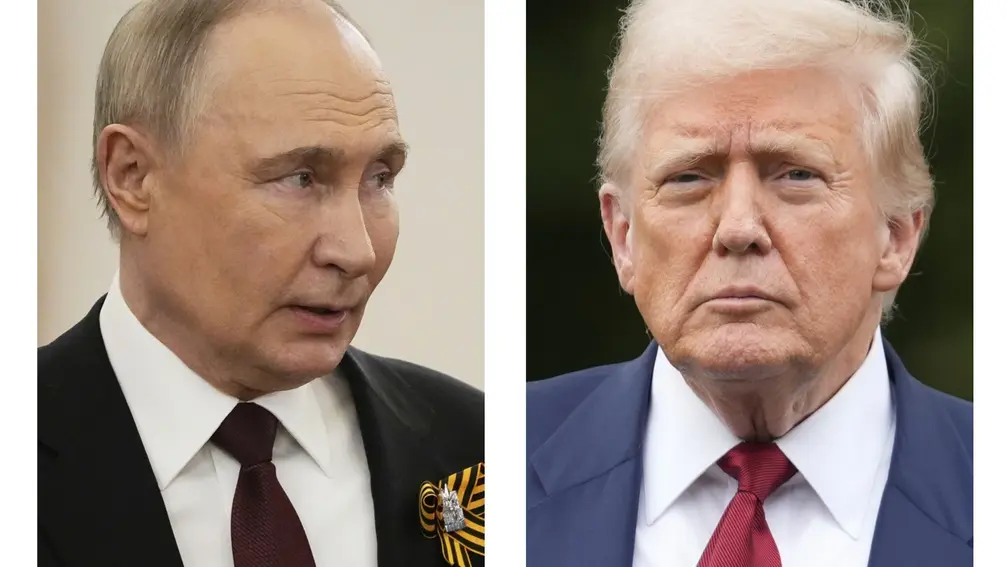T4K3.news
Mexico rejects Trump plan against cartels
Mexico rejects reports of a US plan to use military force against drug cartels, stressing sovereignty and ongoing cooperation without invasion.
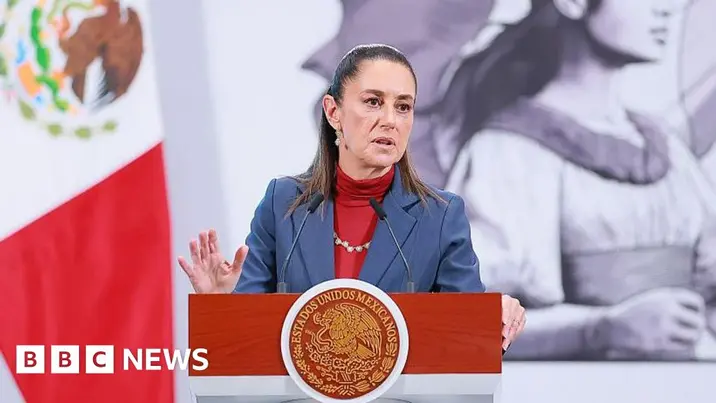
Mexico pushes back on a reported US plan to use military force against drug cartels, stressing sovereignty and close cooperation without invasion.
Mexico rejects Trump plan against drug cartels
The New York Times reported that President Trump signed a directive to begin using military force on foreign soil to target eight drug cartels, six of them based in Mexico. Mexican President Claudia Sheinbaum said there would be no invasion and that Mexico and the United States will cooperate, but sovereignty remains non negotiable. A White House statement did not directly address the directive and instead framed the presidents top priority as protecting the homeland. The report says the directive could create a formal basis for overseas military actions, including actions at sea, against cartels designated as terrorists.
Separately, Mexico has stressed that any action against drug trafficking will be handled through existing bilateral mechanisms. In comments to reporters, Sheinbaum noted that information about a cartel designation had circulated but that it does not entail military participation by Mexico. The United States has pushed for stronger tools to target cartels, a stance echoed by Senator Marco Rubio who said the terrorist designation could improve targeting through intelligence and defense channels. The broader border security context shows cooperation on law enforcement and migration management continuing alongside these tensions, with recent data indicating declines in border crossings and fentanyl seizures.
Key Takeaways
"There is not going to be an invasion. That is ruled out, absolutely ruled out."
Sheinbaum on invasion claims
"We co-operate, we collaborate, but there is not going to be an invasion."
Sheinbaum on bilateral cooperation
"We have to start treating them as armed terrorist organisations, not simply drug dealing organisations."
Rubio on cartel designation
"Cartels going bankrupt and our countries are safer because of it"
Johnson on collaboration
The episode highlights how foreign policy can collide with sovereignty claims and domestic political pressure. Even the appearance of a covert directive risks fueling mistrust if not handled through transparent diplomacy. The Mexican response makes clear that any military posture would cross a red line, while the US side insists on cooperation. This tension underlines how shared challenges such as trafficking and migration require steady, predictable cooperation rather than surprise moves.
Looking ahead, the situation tests the balance between hard power and diplomatic engagement. Designating cartels as terrorists could enlarge legal options but may complicate cooperation if actions are perceived as unilateral pressure. The real test will be whether the two countries can translate rhetoric into a joint, enforceable strategy that safeguards sovereignty while maintaining public support and regional stability.
Highlights
- Sovereignty stays intact even as rhetoric shifts
- Cartels as terrorists changes the playbook
- Cooperation matters more than bravado
- Invasion talk tests trust on both sides
Political and sovereignty risk
The report of a covert military directive touches sovereignty and could provoke a domestic backlash in both countries. The situation risks misinterpretation and may complicate ongoing security cooperation if not handled with clear diplomacy.
Diplomacy remains the safer course even as security threats push for stronger tools.
Enjoyed this? Let your friends know!
Related News

Trump order to target cartels faces Mexican pushback
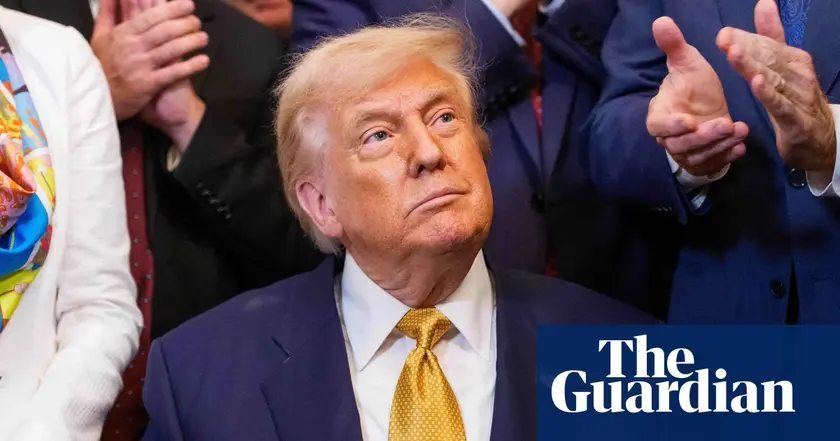
Trump orders military action against cartels and plans Putin talks in Alaska
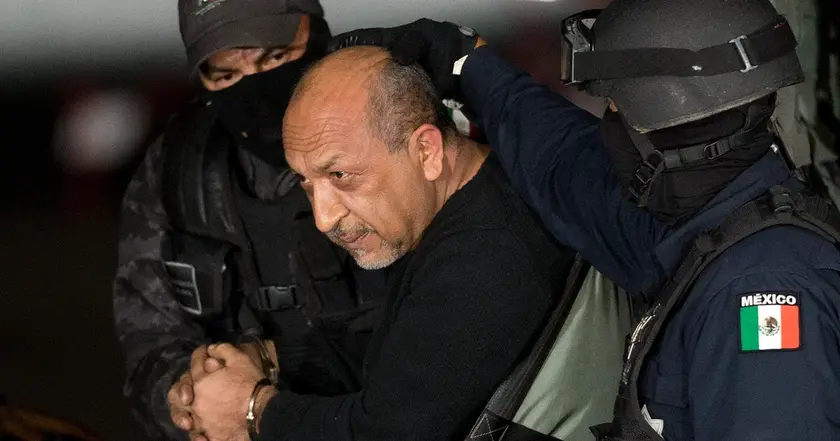
Mexico extradites 26 cartel figures to the United States
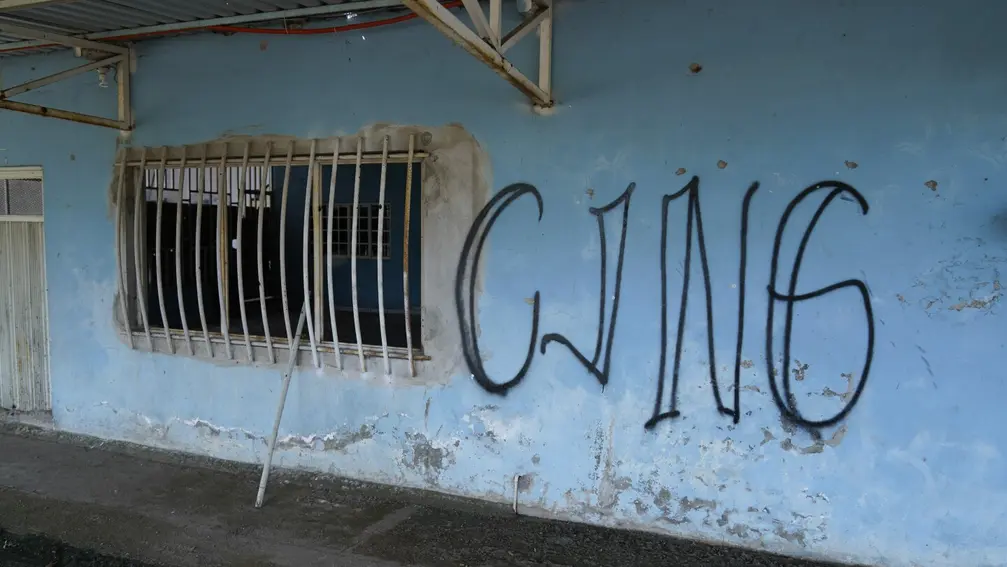
Cartel figures handed to U.S. authorities

Trump administration sanctions El Makabelico over alleged cartel ties

EU faces backlash over flawed US trade deal
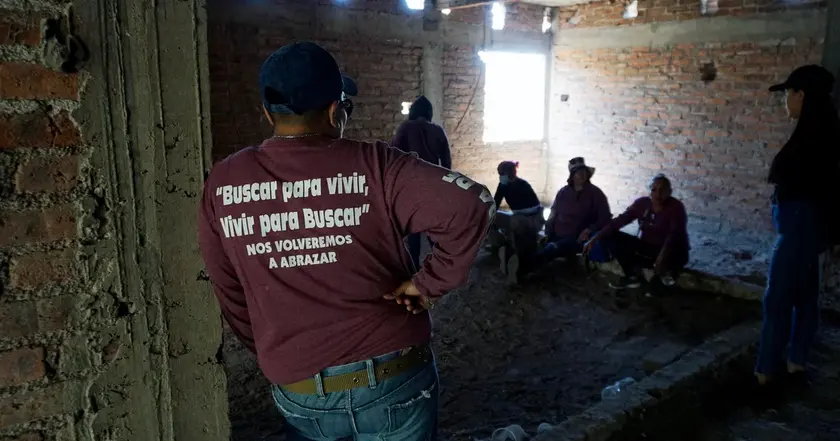
Dismembered bodies of 32 victims found in Guanajuato

Gold prices decline as inflation data shifts Fed rate outlook
